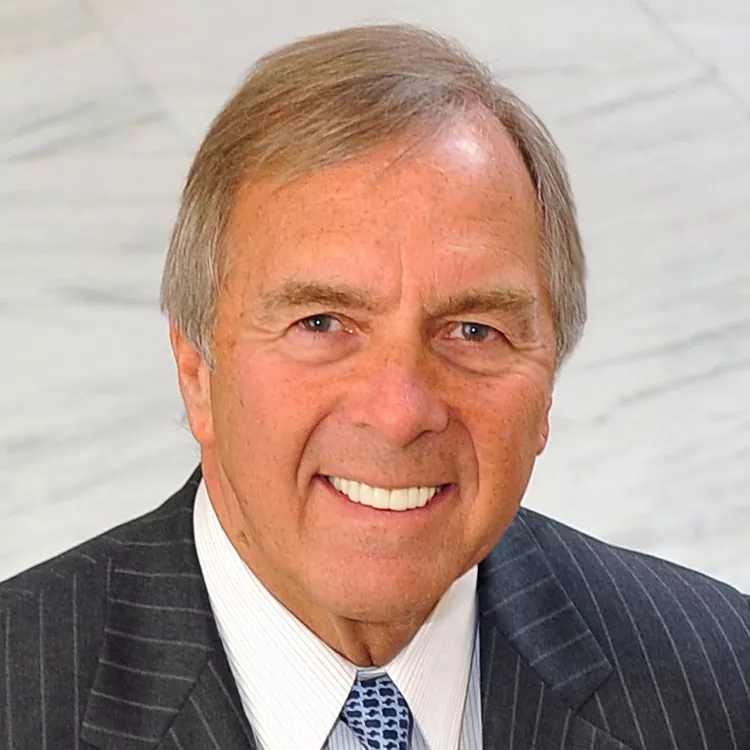Americans are disgusted with dishonesty in politics.
Whether focused on the overstatements of President Obama in urging passage of the Affordable Care Act, former Illinois Republican Rep. Aaron Schock's decision to decorate his congressional office in Downton Abbey style to the tune of $40,000 in taxpayer money, or the recent Hillary Clinton email fiasco, the propensity for high-ranking public figures to fabricate, deceive or downright lie is too frequent.
Clinton's elaborate private email system while Secretary of State and the receipt, through the Clinton Global Initiative, of millions in foreign contributions raises the question of her suitability to hold the presidency. It also solidifies the thought that some public officials believe they are above the laws that affect the rest of us. Politically connected Al Sharpton, an Obama favorite, reportedly owes millions in back taxes, something for which others who are not as politically connected have been prosecuted and gone to jail.
According to Gallup polling, Americans' trust in government is down. Reports of dishonesty in high office, working the angles, secretive actions and stonewalling the truth only heighten suspicions that our great country is being run without integrity; that spinning the truth is the rule, not the exception. While many public officials conduct themselves honorably, reports of dishonesty rule the news and give citizens the wrong impression of leadership, resulting in public distrust of all officials, whether justified or not. Mr. Obama has only added to public suspicions with a perceived chronic lack of transparency in governance, reflected by polling statistics that have registered his approval rating below 50 percent for months.
The question: How can trust be re-established? It will take courage on the part of public figures. Though she likely won't do so, Clinton has a perfect opportunity to admit she overreached by setting up a private email account, standing by while the CGI accepted millions in donations from foreign governments while she was Secretary of State, and controlling the release of possibly damning emails that implicate her in the Benghazi controversy, among others. Like her husband's conduct before her, the ends seem to justify the means.
Some politicians can never admit defeat — or a mistake. Most Americans are forgiving of misdeeds, if only politicians will have the courage to admit fallibility. But the propensity to "power through" difficulties only feeds the public suspicion that the truth is being hidden. If Bill Clinton had simply admitted being dishonest in 1998 when the evidence was clear that he lied under oath (as was later established), there would have been public disruption, but he could have cemented his legacy as an honest president if he had punctuated his presidency with the message, "Dishonesty never pays, even for presidents." Instead, he powered through, avoiding conviction by the Senate over his impeachment charges by the House. Though his popularity rating is now high, he's best remembered by many for his dalliances with a White House intern.
Now, amid reports of Mr. Clinton's associations with other young females and Mrs. Clinton's email scheme, the aura of suspicion around the Clintons lingers. That solidifies the notion that corruption could reside in the White House in 2017 if Mrs. Clinton were elected. If nothing else, the Clintons are again at the center of controversy. If Mrs. Clinton becomes a presidential candidate, the public again will replay past Clinton dramas, an exhausting exercise at best.
At a time when relatively few even seek public office, those who do must conduct themselves above reproach if the public is ever to be satisfied that public officials are generally honest.
So how can honesty in government be re-established?
Those who serve have a higher obligation than supporting sound public policy; their companion obligation is to personify exemplary conduct. Granted, human imperfections touch both public officials and private citizens, but public officials' misdeeds always receive outsized attention. That's why public officials must always conduct themselves honorably, if for no other reason than to bolster public confidence in public policy decisions.
The 2016 presidential elections will reflect just how much voters are ready to overlook public official dishonesty and have lowered their tolerance for public officials' human frailties, showing whether voters demonstrate outright acceptance of deviousness. Does anyone truly believe that Hillary Clinton didn't plan to keep private all of her emails while Secretary of State, so that any misdeeds could not be detected? Voters who support her as part of another "event" election — the first female president — and overlook her misdeeds will be responsible for institutionalizing the further cultural decline of American politics.
And if she is elected, we may well endure another presidential term of more Clintonian political dishonesty. ♦

















